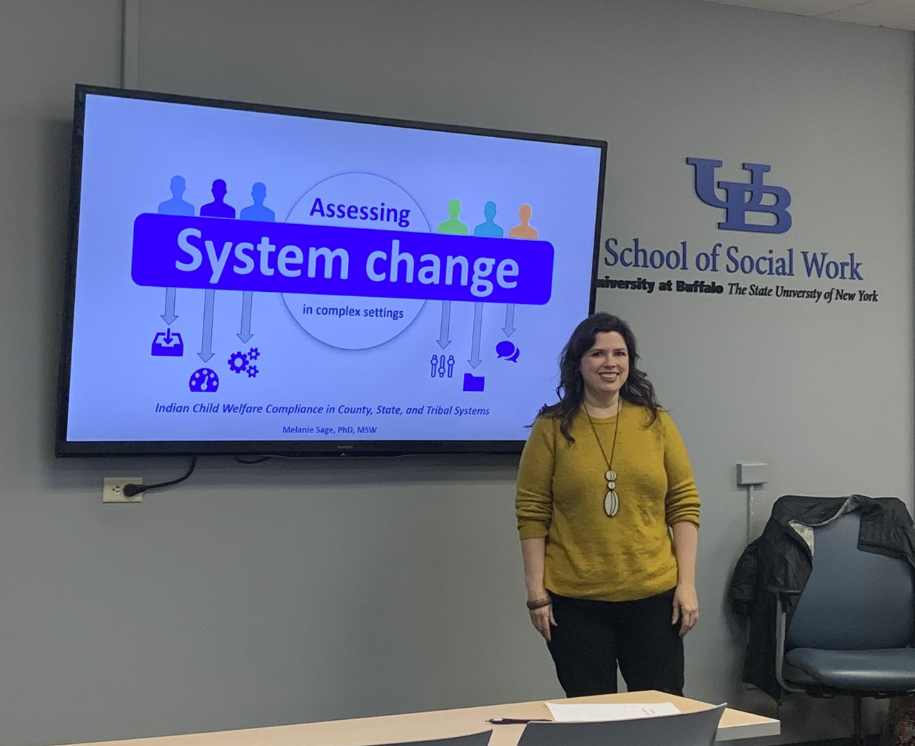Open-Ended Questions in the Four Stages of Motivational Interviewing
OARS is our core set of tools for reacting to client conversation in Motivational Interviewing. OARS stands for open-ended questions, affirmations, reflections, and summaries. These respectively make up the tools we’ll go to most of the time when we’re told or hear something in Motivational Interviewing. Each one is worthy of focus in its own right, so in this series we’ll be discussing how open-ended questions are used in the four stages of Motivational Interviewing: engagement, focusing, evocation, and planning.
We use the four stages of Motivational Interviewing to help focus an interview from engagement to planning. OARS look a little different in each of the four stages because we have slightly different goals for each stage. In engagement, our main goal is just to form a relationship with the client and make sure that they are comfortable talking with us, as well as to hear the breadth of the issues that they are confronting. With focusing, we take the issues that we have heard the client bring up and narrow down the most important things to talk about, sharing the agenda between client priorities and our own priorities (in the case of mandated services). In evocation, we attempt to evoke change talk so that clients can convince themselves of their own capacity to improve their prospects with the issues they’ve discussed. In planning, we take the client’s reasons why and their capability for change, and partner it with actionable steps they can take to achieve self-actualization regarding their dilemmas.
Open-Ended Questions in the Engagement Stage of Motivational Interviewing
Since the goal of engagement is to be able to hear all the client’s issues that they wish to discuss while forming a relationship, our open-ended questions focus on giving them room to discuss. Questions like “What concerns brought you here?” “How can I help you today?” and, after describing your services and the outcomes, “Does this sound like it will meet a need of yours?” are all valid and sensible questions to ask in this stage. The goal of our open-ended questions is to facilitate a relationship by allowing the client to feel comfortable before heading into focusing.
So often our first interaction with a helper is a barrage of questions asked in order to fill out a survey or inventory, which is seen as a necessary evil in social services. A Motivational Interviewing strategy is be to take thirty minutes, if at all possible, to simply proceed first with engagement, building rapport and allowing the client to talk. At the end of such, if you’ve been asking good open-ended questions, you may have most of what you needed for your mandatory assessment anyways. If you don’t, you’ve established rapport that allows you to ask for a chance to answer the questions, and you’ve shown a clear desire to help that will make the client more willing to answer honestly. To and go straight into a formal assessment of short, close-ended questions on a variety of topics is what Motivational Interviewing refers to as the “question and answer trap” in which the helper directs the conversation and the client is a passive responder.
Open-Ended Questions in the Focusing Stage of Motivational Interviewing
In focusing, our goal is to collaboratively form the focus of the conversation with our client. It is worth noting that sometimes we may feel like our context informs the focus of the conversation: when working at a drug rehab center, we might be operating under the impression that clearly the drug use itself is the problem the client wants to focus on. This may be presumptuous, as perhaps the primary thing the client is concerned with is retaining custody of their children and their drug use threatens that. In this case, the goal in focusing would be to have a conversation directed around what their children mean to them. We want to narrow down without cutting the client off or putting forth words that are not congruent with their own. After summarizing their issues, we might ask questions like, “Does this assessment of your situation sound right to you, and is there anything you want to add?” and subsequently, “Of these issues that you and I have brought up, which of them do you feel merits the most attention?” and “Can you tell me what you would be happiest for us to have talked about by the time you leave?”
As stated, we want to do this while not presuming, based on context or referral, that we already know what the client’s focus is. We also do not want to put our own values on what they should be focusing on; it must always be remembered that the client is the expert on their life. Additionally, it has to be kept in mind that no one can make the client make a change they do not want to make. All that stands to be accomplished by trying to place the focus on something that is not identified by the client is to damage the rapport and relationship built in the previous stage of engagement. Lastly, we do not want to rush through focusing; do not take the first thing you hear about as the sign of what you need to plan on, and do not skip from focusing to planning as might be your inclination once the client identifies what they want to discuss. This might lead to a premature focus and incorrect problem target.
Open-Ended Questions in the Evocation Stage of Motivational Interviewing
In evocation, our goal is to solicit the client’s own words about the things that enable them to make positive change in their lives. We discuss their strengths; while this stage is most defined by the use of affirmations, open-ended questions still have a significant place here. We might ask questions like, “When was a time where you last had a handle on this issue?” or “How do you feel when you think about getting this issue under control?” Another congruent question would be, “Where does it leave you if this issue goes unaddressed; tell me more about those aspects of this problem.” Our questions are aimed at exploring client capacity to manage their problems as individuals, while also finding out where they might want help in doing so.
What we want to avoid with our questions in the evocation stage is, most of all, getting sustain talk, which is getting someone to discuss the reasons why they cannot manage to effectuate change. This is not accentuating their strengths, and may make them feel more stuck after the Motivational Interviewing intervention than before. We also want to take extra time in this stage to acknowledge DARN CATS – desire, ability, reason, need, as well as commitments, action, and taken steps. When evoking change DARN constitutes the bread and butter of what can move the client to take more agency to make change in their lives. Do note that if done badly, clients may express DARN in discussing why they can’t change. We want to avoid asking open-ended questions that make them talk more about these aspects.
Open-Ended Questions in the Planning Stage of Motivational Interviewing
In planning, our goal is to make concrete the steps that our clients can take in order to effectuate change and demonstrate agency. Open-ended questions in this sense can be more guiding or directive than questions in other stages, because we have done all of our prerequisite engagement, focusing, and evoking. We should have more of an idea of what it is the client wants to achieve, and can offer them things to help. One thing to note about open-ended questions in this stage is they should most follow the elicit-provide-elicit (EPE) formula. Ask for permission to provide advice, provide the advice, and ask if that advice is understood and seems applicable. For example questions, we might ask, “What can you do tomorrow that would make you feel like you have more of a handle on this issue, and could I help with that?” “Where do you see yourself starting with fixing this problem, and how do you feel about the idea of starting?” “With all that’s been said about this issue so far, how do you think you should proceed?”
The client should be provided with advice only if they ask for it or after seeking permission in this stage. As clinicians we have expertise to lend to the client: in a drug counseling context, we might have an idea of local resources that could help. In a nursing context, we might have an idea of strategies that are successful for meeting the client’s goal. It should not be offered unsolicited in the planning stage: this is a good way for a well-intentioned plan to be proposed, and never followed through with, which is the hurdle that leads people to adopt Motivational Interviewing to their setting in the first place.
Open-Ended Questions and Loose Ends
One powerful tool we have not discussed in all of this is where open-ended questions are used as part of a scaling question: “where are you on a one to ten scale, one being low, ten being high, on your ability to change?” for example. This should be followed with “Why are you an X (current number) and not a Y (lower number)? What would it take for you to move from X to Z (higher number)?” Scaling questions should remain open-ended so as to explore more of the client’s understanding of the dynamic of their problem and their sense of agency. This is best done in the engagement phase.
Another thing to keep in context is that we want about two reflections for every question, and we want to be talking about thirty percent of the time to the client’s seventy percent. These two rules can be used to guide you in seeing if you are asking too many questions, and if your questions are open-ended enough to invite the client to spend most of the time talking. If you can do that, you are doing well in using open-ended questions in motivational interviewing.


